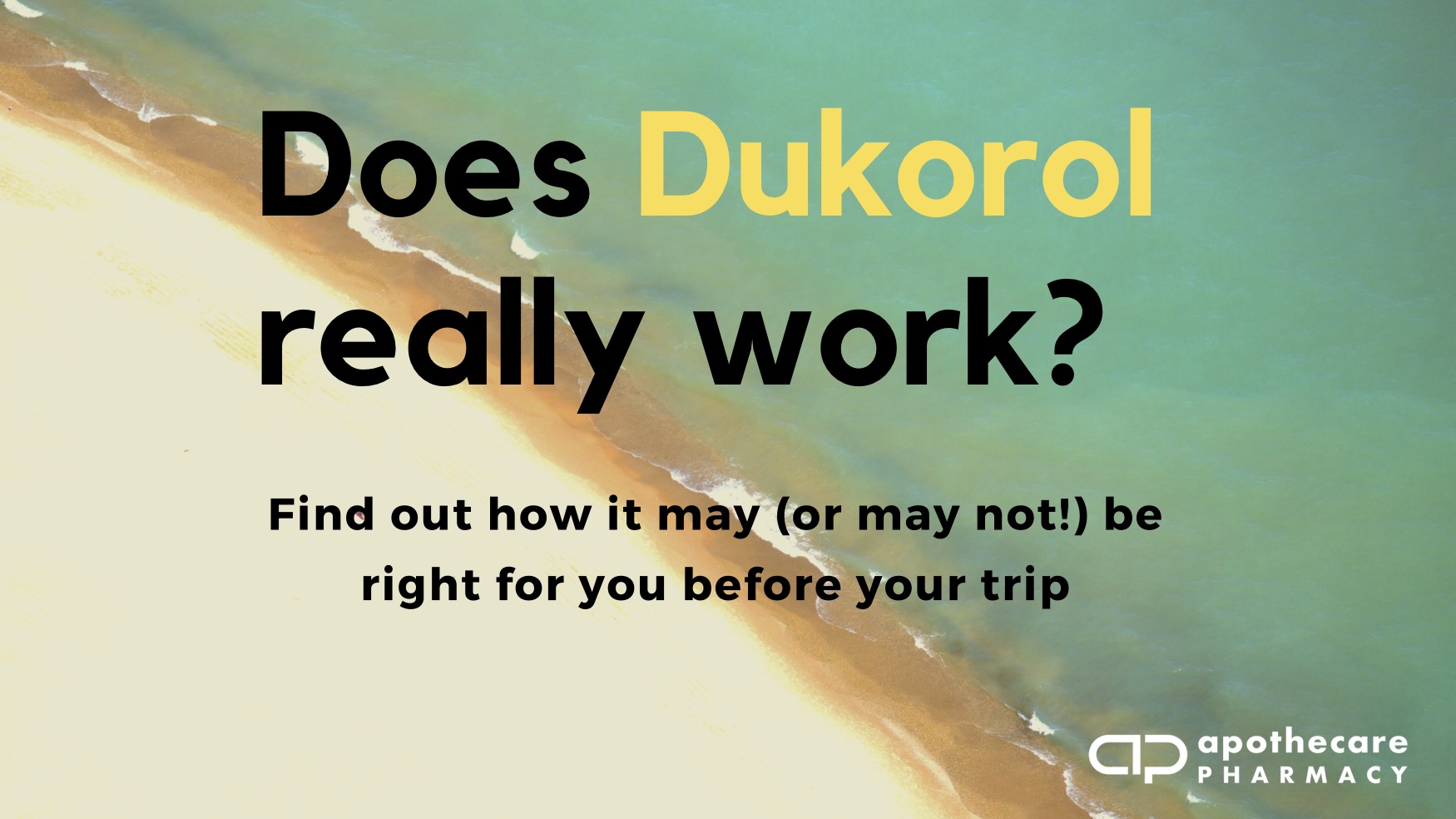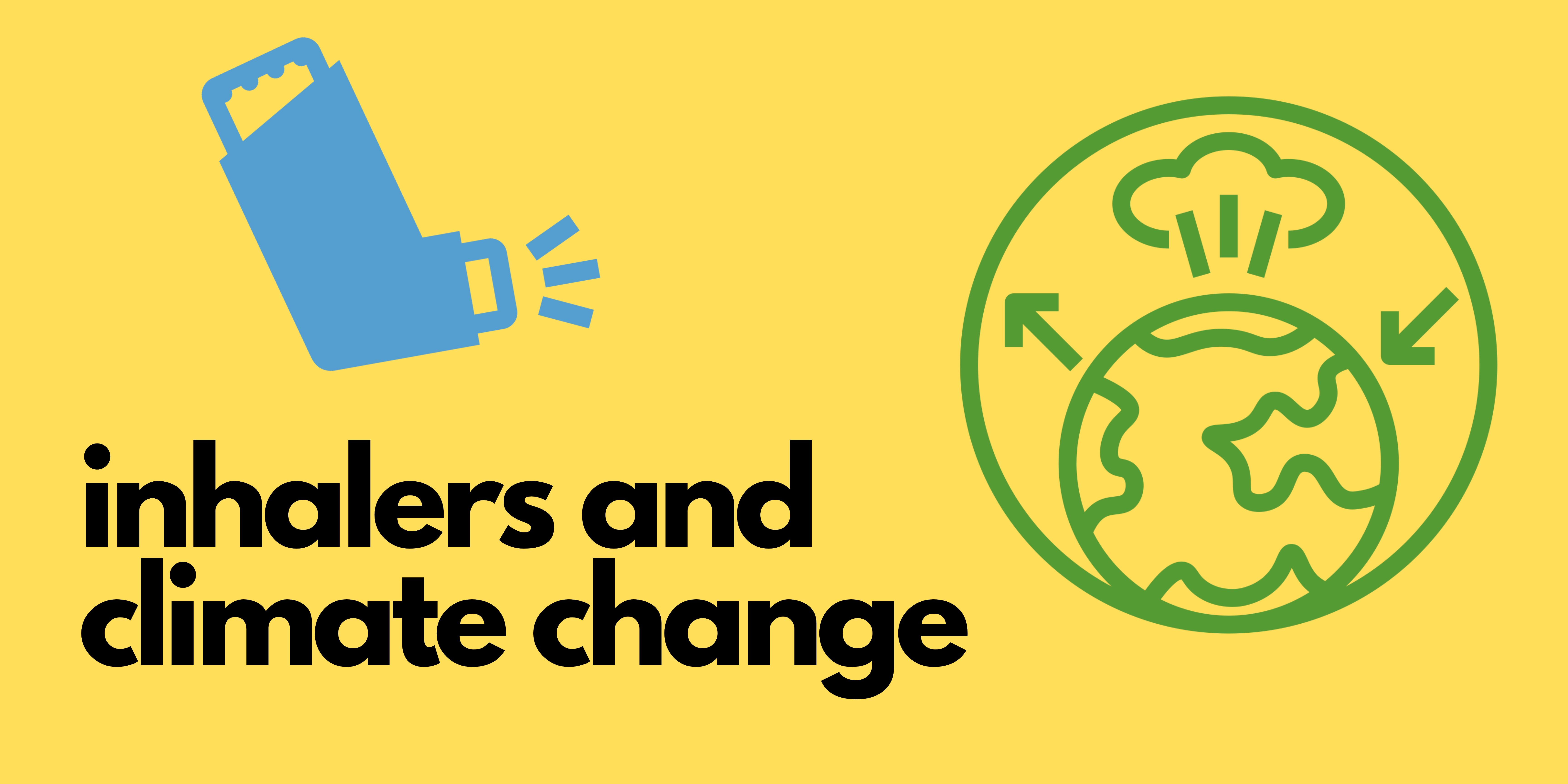Do you ever wonder about the storage labels that are on your prescription or medication bottles? Below we go through some of the more common storage conditions for medications.
KEEP IN THE REFRIGERATORMany medications have to be stored under certain conditions to ensure that you get the correct dose when you use them. Storing in the refrigerator typically means 2-8˚C. If your medication is a vaccine it is always safest to store it at the pharmacy until it is time to receive the vaccination rather than in your fridge at home to make sure it stays in the correct range. Some refrigerated medications can be left out of the fridge for days or weeks, so make sure you check with the pharmacy if you aren’t able to store it in the fridge. If you are keeping medications in your fridge remember that the door of the fridge is warmer than 2-8˚C and the back of the fridge can be colder so the best place is in the middle if possible! (I know this isn’t always reasonable but whenever it’s possible its worth it!)
STORE AT ROOM TEMPERATURERoom temperature usually means between 15-25˚C. In some cases (for example if you don’t have air conditioning) you may be able to store some medications in the fridge, just ask the pharmacist first to confirm. Another thing to note is that you want to keep your medication away from moisture and humidity, so the bathroom isn’t a great spot (because of the shower), and neither is near the stove in the kitchen. We have had cases in the pharmacy where people have brought their medication back to the pharmacy because the capsules have started to stick together, or the tablets have started to turn to a powder because of moisture getting into the bottles. (These are more extreme cases!)
PROTECT FROM LIGHTSome medications need to be protected from light, this means the amber coloured vial (which protects against UV light) that the pharmacy provides will be safest, and in a drawer or cupboard. Be careful not to leave your medications sitting in the car as the heat (or cold) and sunlight can affect your medications.
DISCARD AFTERFinally some medications are only stable for a few months after they are opened (for example some creams and gels for acne). This means that if you use them beyond that date your symptoms may start to worsen as the concentrations may have decreased. Often for products that will expire in a set amount of time we will place an expiry date by hand on the bottle.
For disposing of medication it is always best to return the unused medication to the pharmacy. This helps to protect our drinking water and soil from contamination. The bottles for prescriptions are not recyclable in Waterloo region unfortunately. However, we can in some cases use your same bottle for a refill if it is in good condition. (Ask us if you’re interested in us using glass bottles to fill your prescriptions and some over the counter products to reduce waste. Unfortunately the bottles are NOT child resistant) PROTECT OTHERS Another tip is to keep your medications in a safe place away from children. Especially if you have medications such as opioid pain medications or sleeping pills. These are recommended to be kept in a locked box or cabinet. The safety caps on prescription bottles can only do so much to protect children from getting into them, so make sure they are out of reach! ASK QUESTIONS!Just remember if you are ever taking your medications out of their original containers, or filling your own blister packages it is important to check what conditions they should be stored in to make sure you always get the best results from your medications!
Let us know if you found this helpful, or if you have questions about storage of medications!



0 Comments